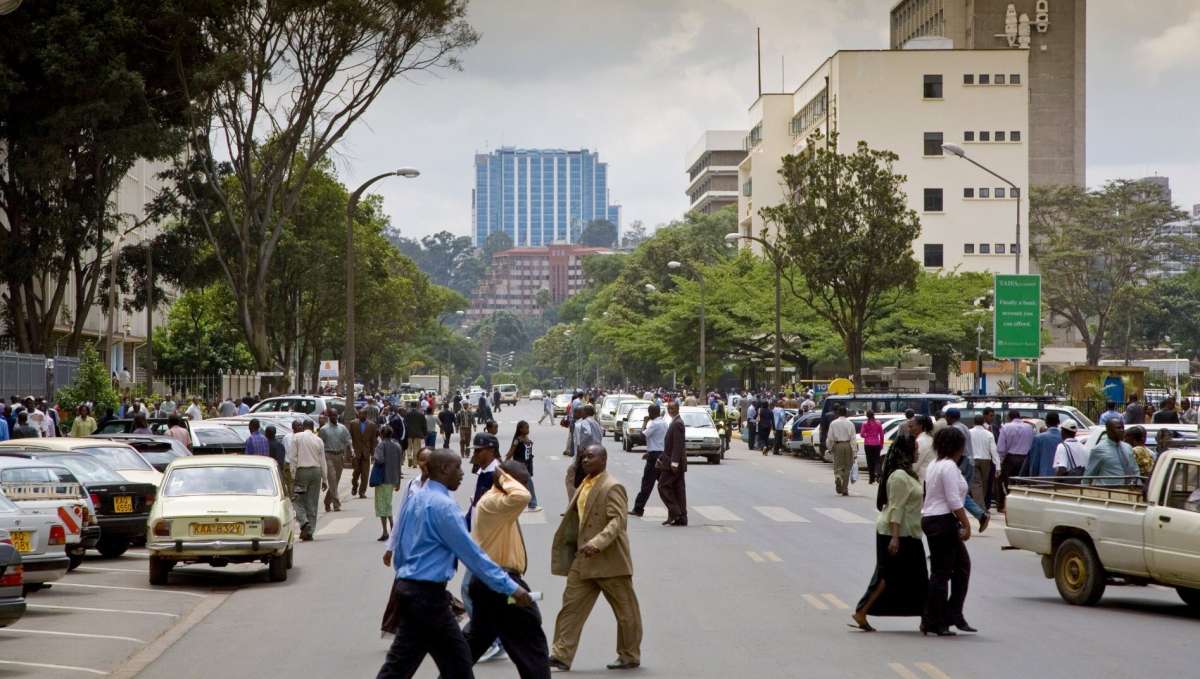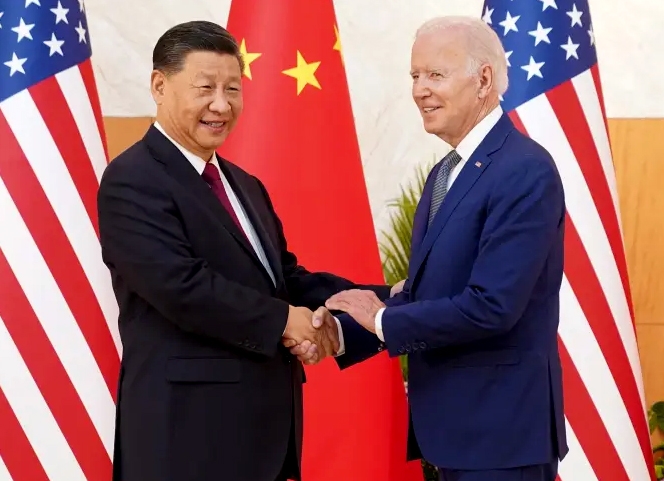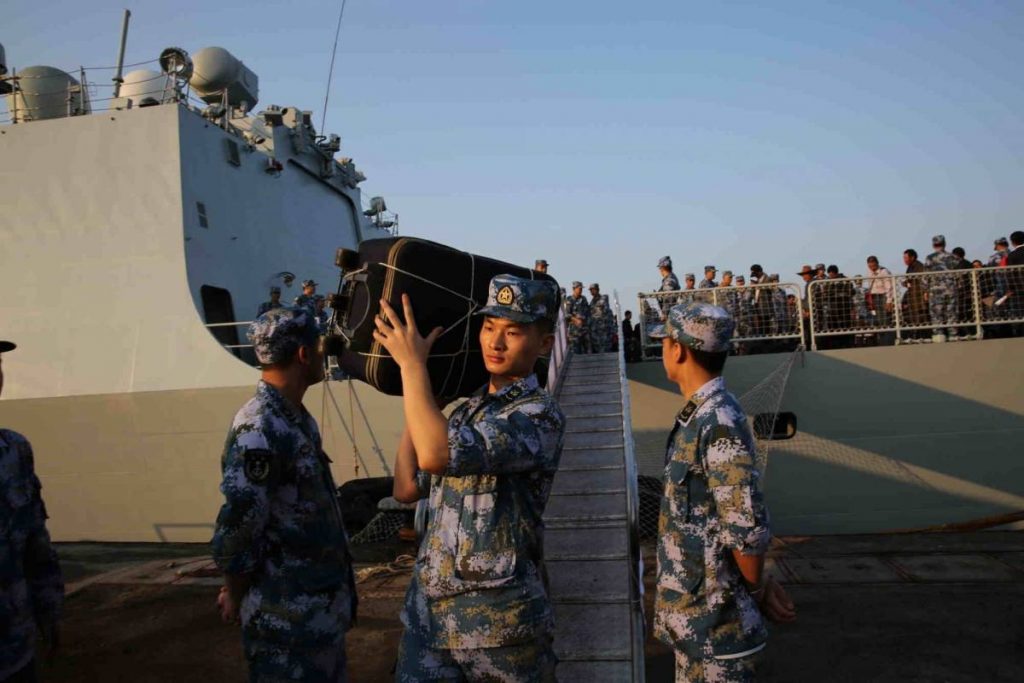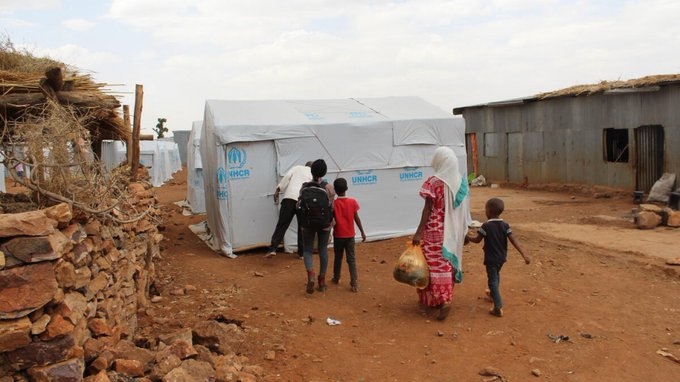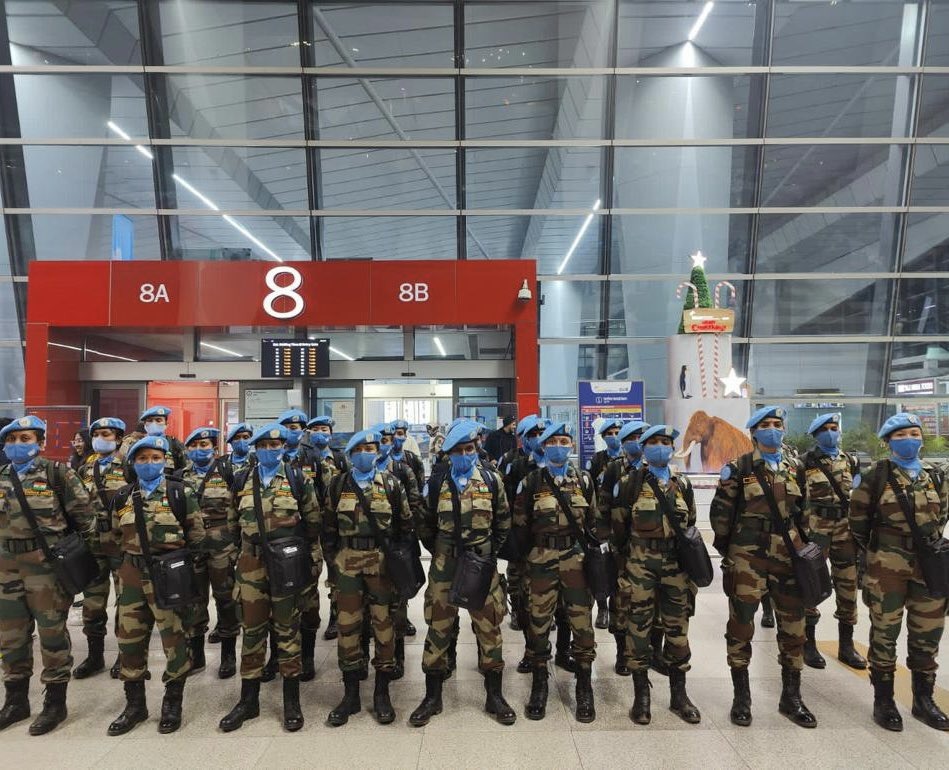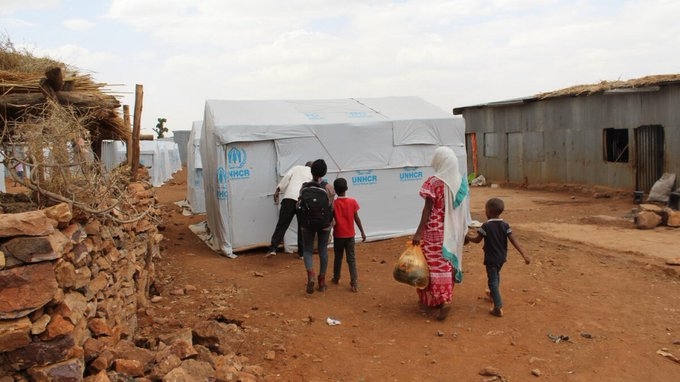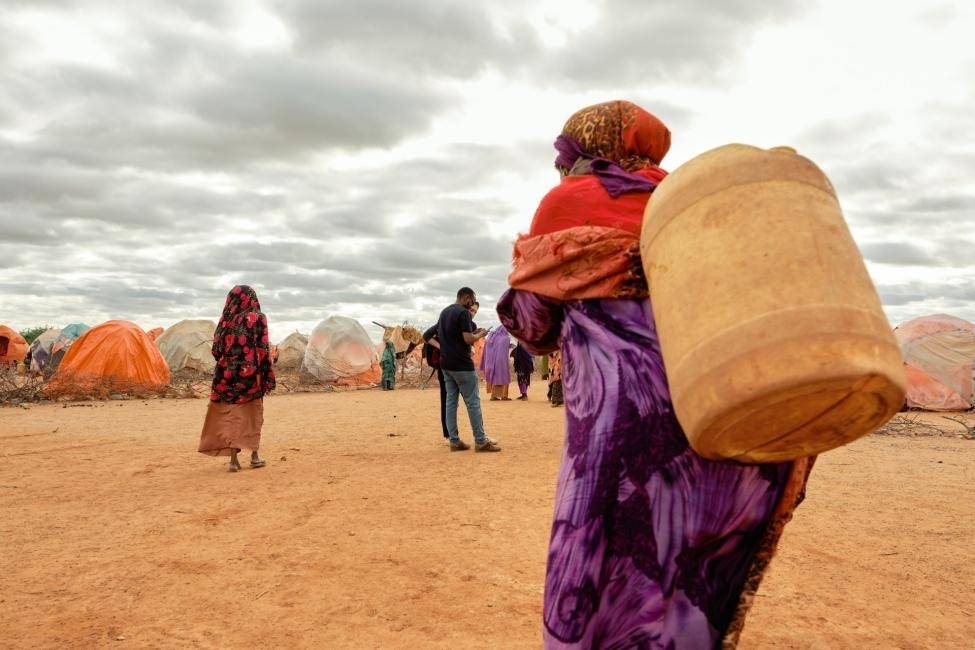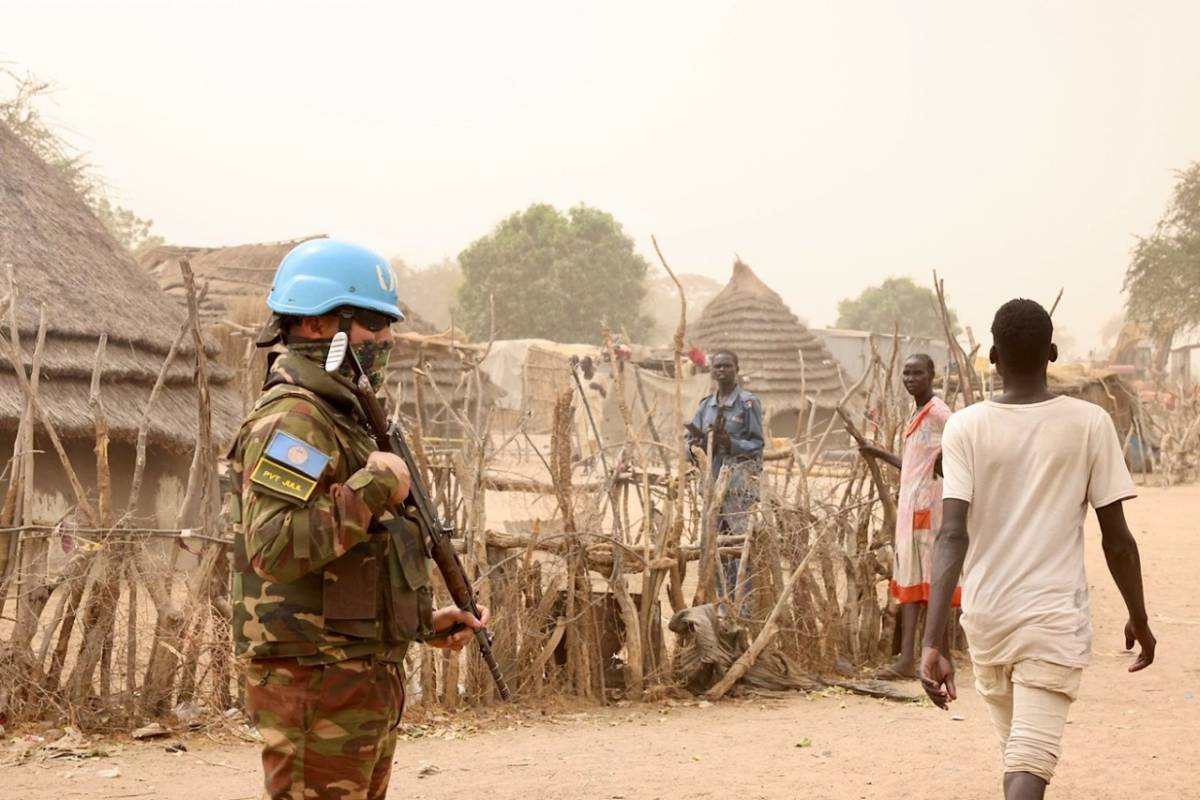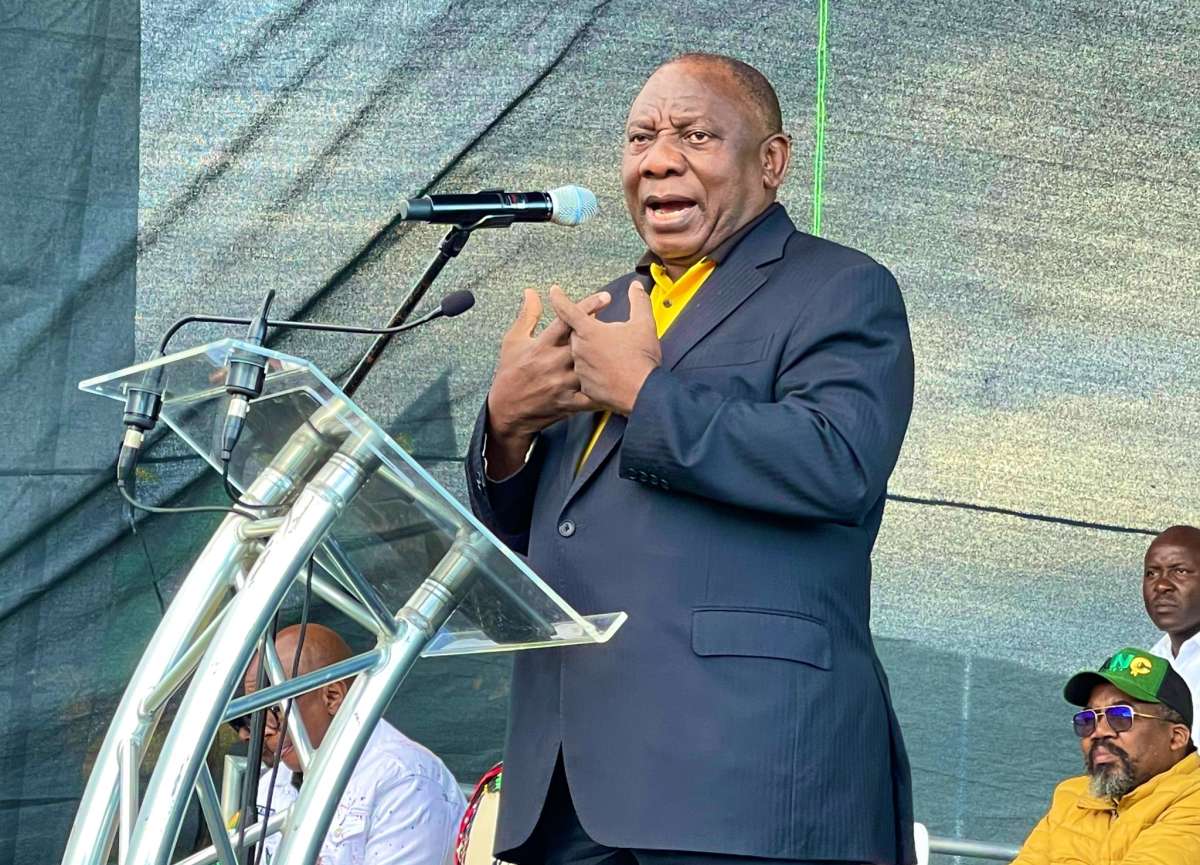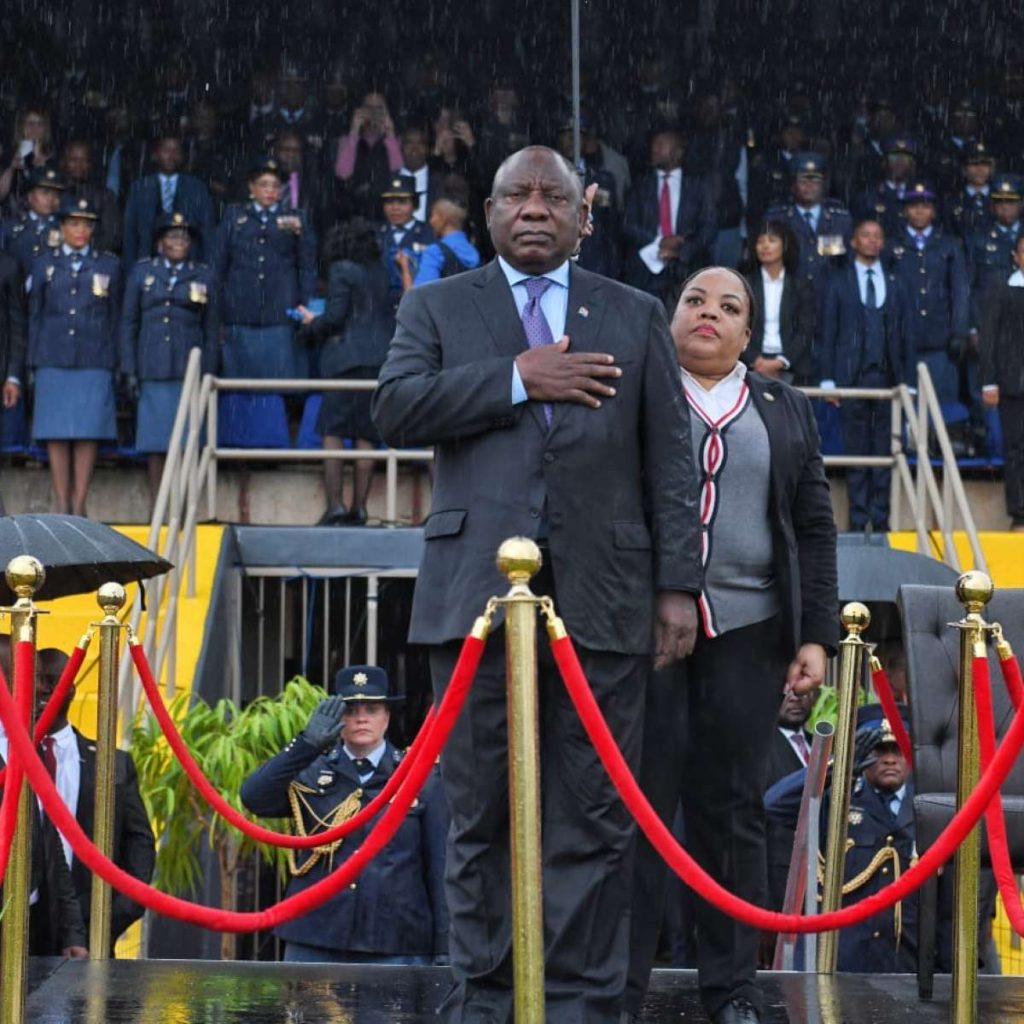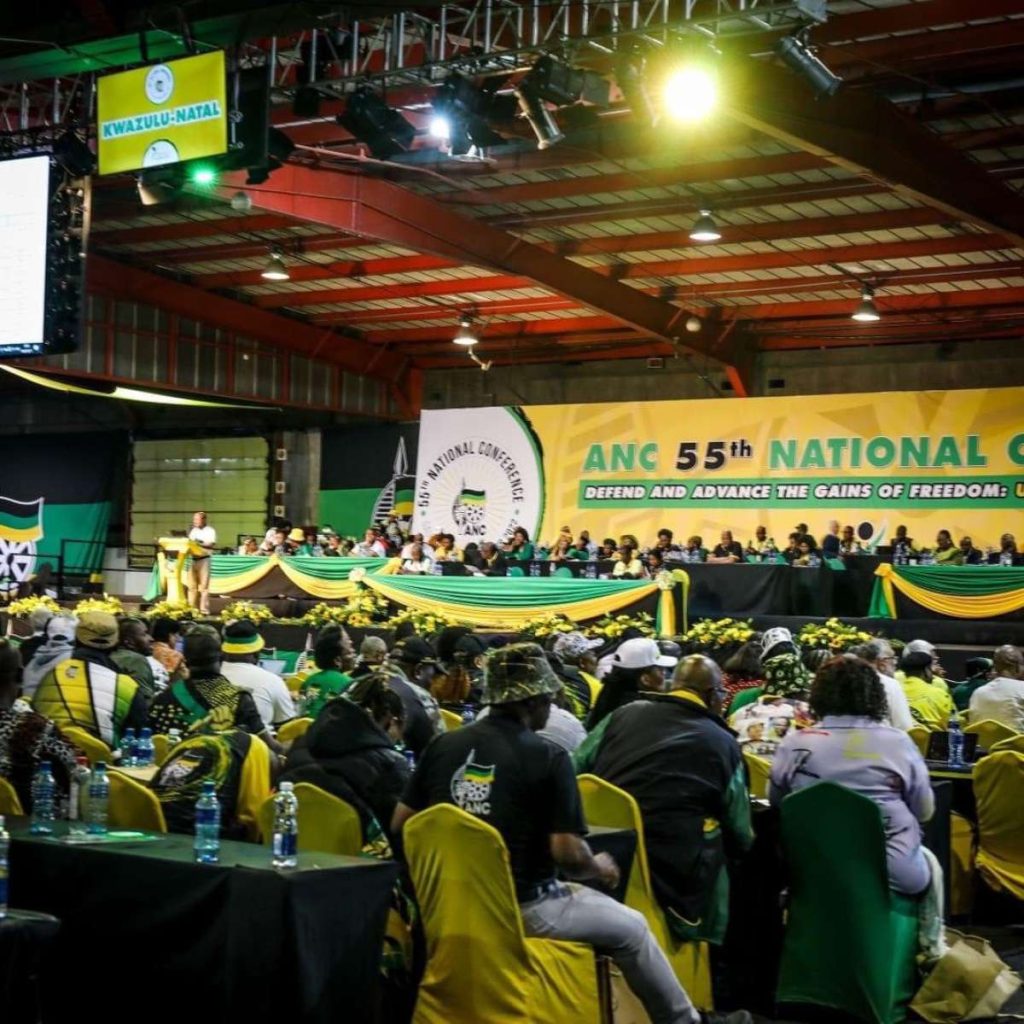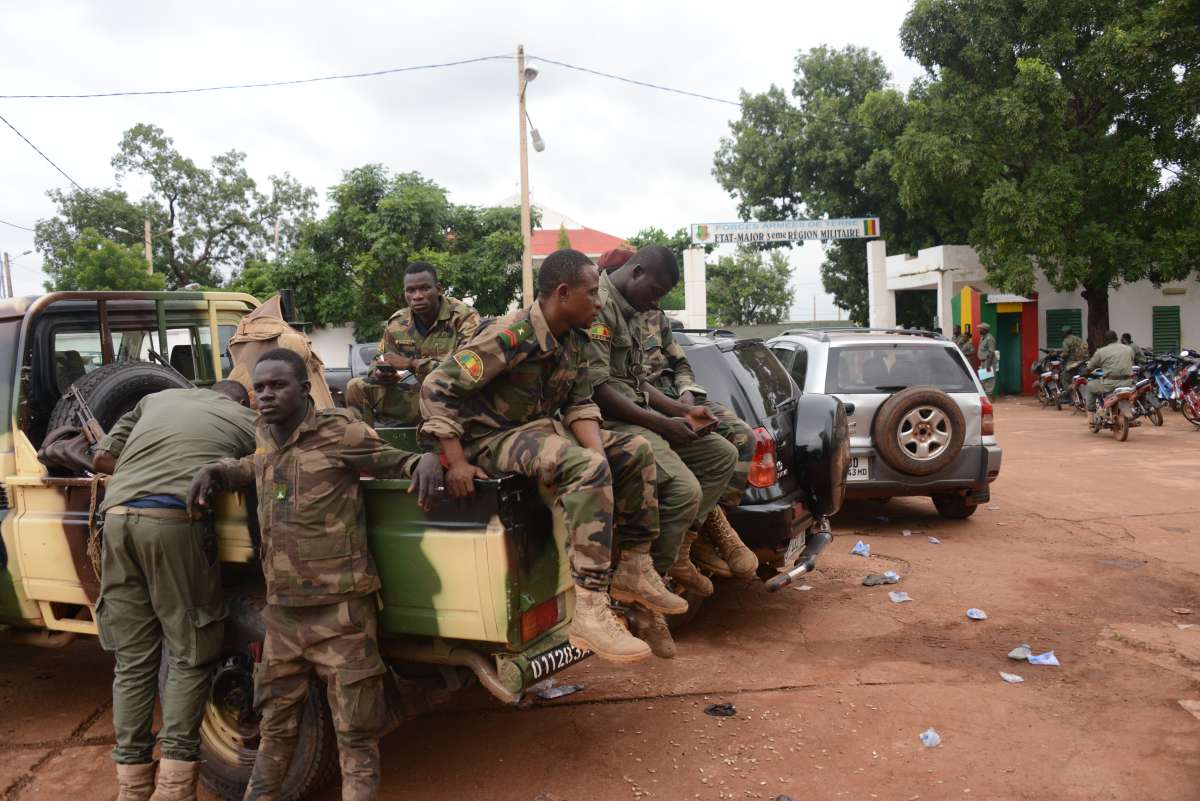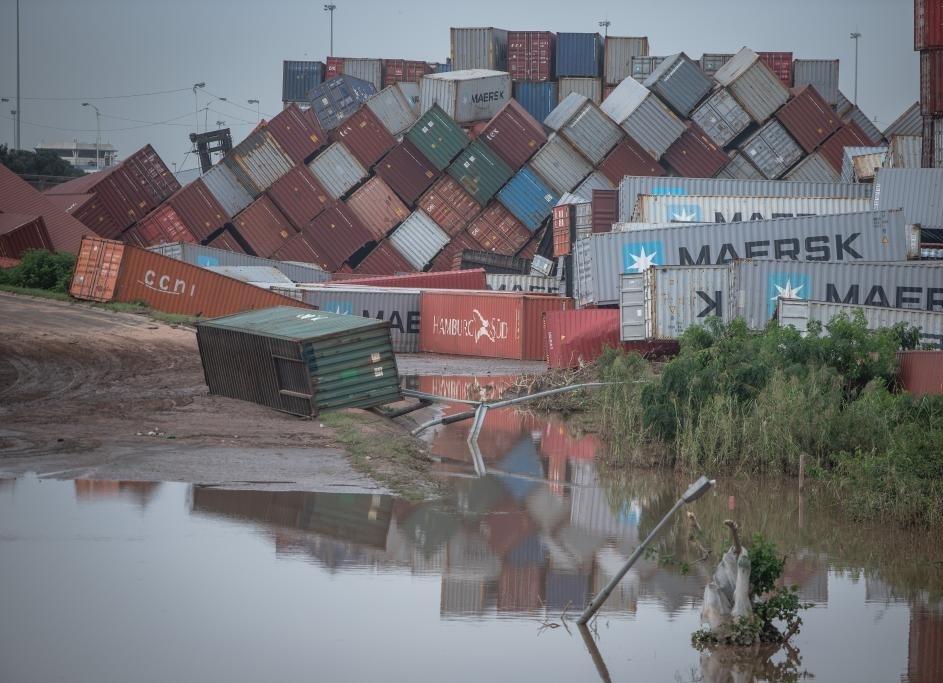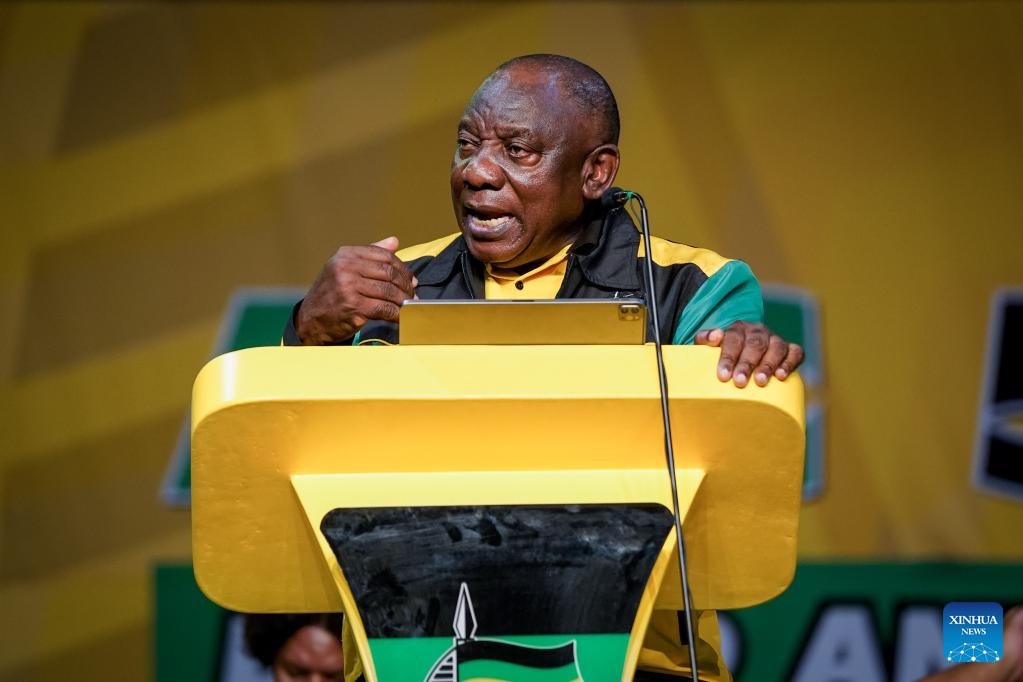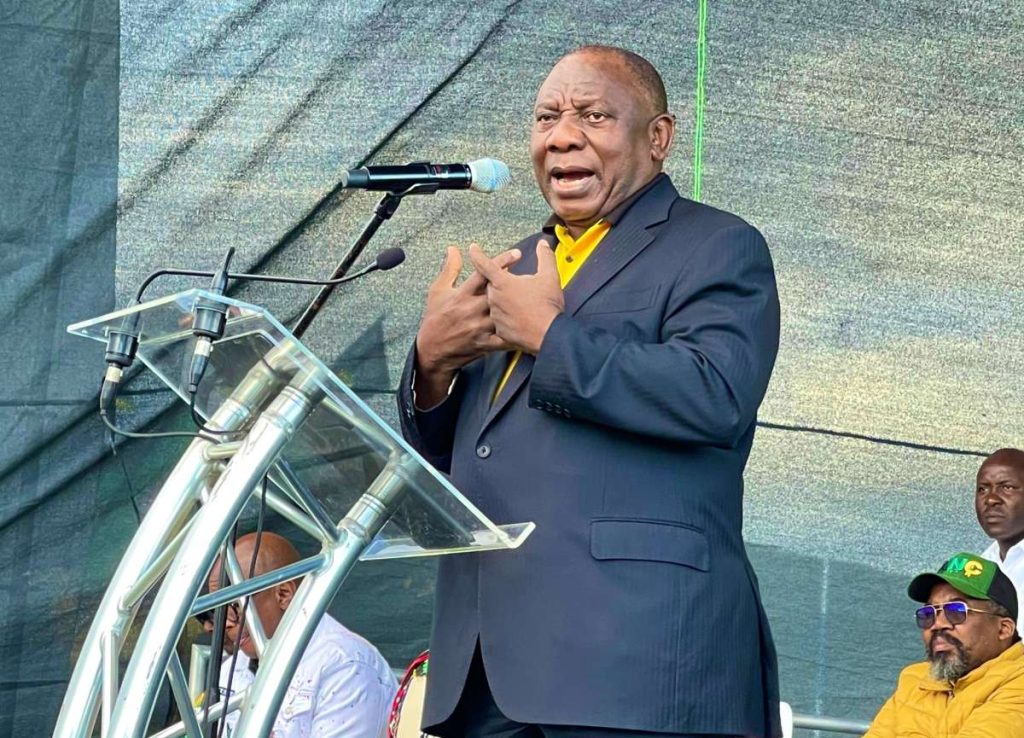The new partnerships of the African countries have reduced its dependence on Western aid. The diversification of African countries development partnership, nevertheless, has alarmed the Western powers as it might dilute their standing in the continent geo-politically…reports Asian Lite News
The three-day US-Africa Summit was convened in Washington during December 13-15, 2022, with delegates from 49 African countries out of a total of 54 participating along with representatives from civil society and the private sector, young leaders and African diaspora in the US participated invarious events during the period.
The summit was aimed at strengthened ties with African partners through dialogue and collaboration including economic engagement, promoting democracy and protecting human rights, mitigating the impact of Covid-19 and future pandemics, promoting food security and strengthening regional and global health, responding to the climate crisis and advancing peace and security.
The interest of the African countries in attending the summit was to find ways and means for post-Covid-19 economic recovery and address food and energy security being aggravated by the Russia-Ukraine war. This summit seen from a diplomatic perspective was an effort of the US to reframe its relationship with Africa in view of its rising stakes vis-a-vis increasing footprints of rival powers in the continent, particularly China and Russia.
The first day of the summit featured sessions on topics ranging from trade and investment; to health and climate change; to peace, security, and governance; to space cooperation. The second day focussed on increasing two-way trade and investment at the US-Africa Business Forum. CEOs and private sector leadership from 300 American and African companies participated in the forum.

The third and final day had a session titled “partnering on agenda 2063”, the African Union’s strategic vision for the continent, followed by discussion on food security and food system resilience.
It is with regard to this long-term agenda that African countries go to big powers for funding and technological support. China, in particular, has taken asymmetric advantages from the African countries as a major fund provider. Although volume of new Chinese loans to African government’s has dropped from a peak of $28.4 billion in 2016 to $1.9 billion in 2020 due to pandemic, many analysts point out that the Chinese loans have created financial instability due mainly to unsustainable debts. US sees this with concern.
US Defense Secretary Lloyd Austin warned African leaders at the summit that the rising influence of China and Russia posed a risk of “destabilising” the continent. President Joe Biden tried to use personal diplomacy to win back US influence in the continent.
The US considered conveying the summit after a gap of eight years. During these eight years, other global powers including the EU, China, Japan, Turkey, India and the UAE have become Africa’s development partners. But the other development partners, especially, India and the EU are not seen with suspicion, contrary to Chinese image of as an exploiter of the continent’s resources without ensuring commensurate gains for them. The new partnerships of the African countries have reduced its dependence on Western aid. The diversification of African countries development partnership, nevertheless, has alarmed the Western powers as it might dilute their standing in the continent geo-politically.
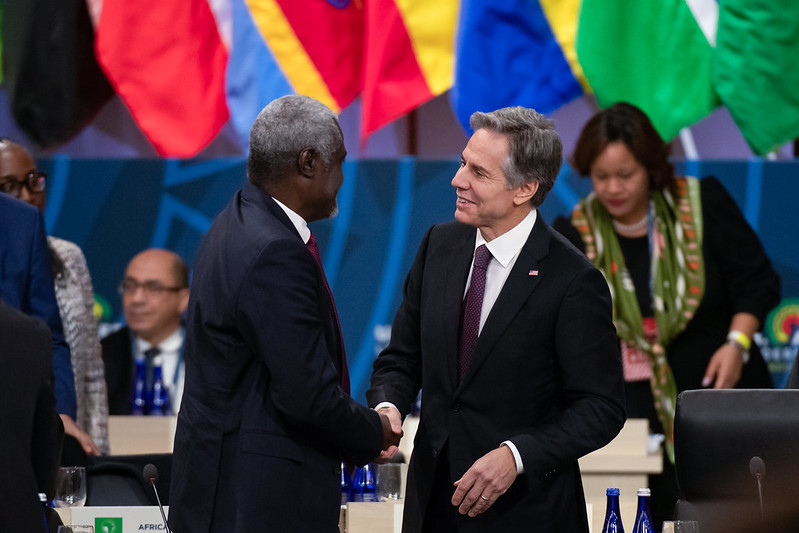
Austin told a panel with several presidents at the start of the three-day summit that US rivals had a different approach. “The combination of those activities by those two countries (China & Russia), I think that bears watching. And certainly, I think their influence can be destabilising.”
Austin said China was raising its footprint in Africa “on a daily basis” through its growing economic influence. “The troubling piece there is they’re not always transparent in terms of what they’re doing and that creates problems that will be eventually destabilising if they’re not already,” he said.
Realising that Trump years saw a decline in the US engagement with the African continent, the US is making efforts to enhance its engagement. The Biden administration had released the new “US Strategy Toward Sub-Saharan Africa”, which emphasised the growth potential of the region, diversity in the eco-systems and their power as a group in UN voting, making them crucial in shaping the world’s future.
In the Africa Business Forum on the second day of the summit, President Biden said: “When Africa succeeds, the United States succeeds. Quite frankly, the whole world succeeds as well.”
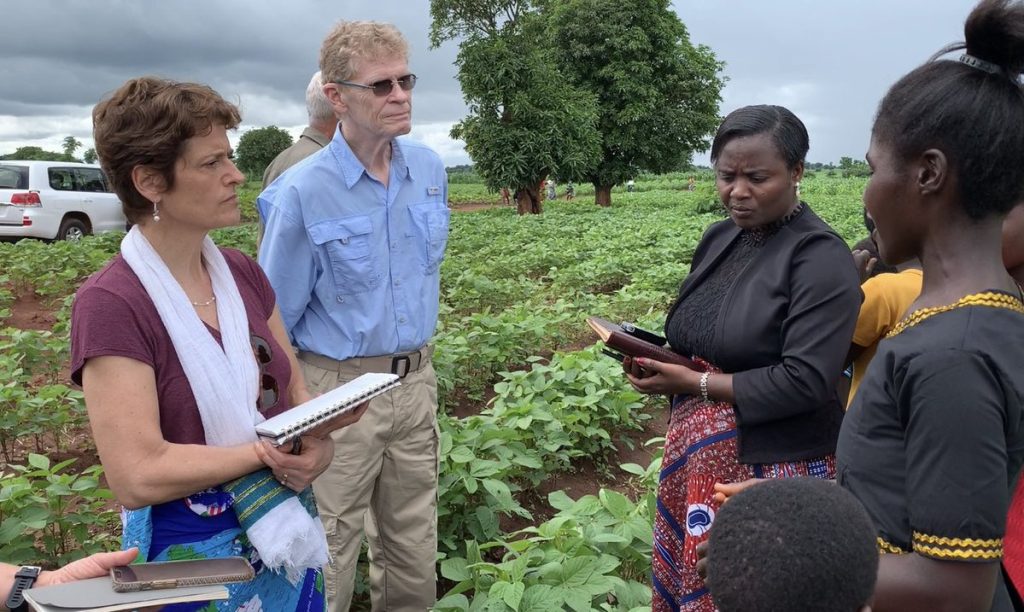
The agenda is to win back influence in Africa in the fluid geo-political order, and specially when China is increasing its footprints to exploit the natural resources of the continent without compensating them adequately by development of infrastructure and making them more vulnerable. China is also developing its military infrastructure in the continent.
The US agenda is to win back influence in Africa amid a fluid geopolitical order. The Biden administration has stressed working with the African Union, both on the security and diplomatic fronts. The US support for the African Union to gain a formal berth in the Group of 20 club of major economies, months after he threw support behind a permanent African seat on the UN Security Council are steps in that direction.
African Union chief Moussa Faki Mahamat hailed the US support but warned that there was still far more focus on fighting extremists in the Middle East. “This double standard has had disastrous consequences for Africa and for peace and democracy in the world.” Meanwhile, Biden’s administration plans to unveil $55 billion for Africa over three years.
In one of the first announcements, the White House said the US would invest $4 billion by 2025 fiscal year to train African health workers, a rising priority for Washington since the Covid-19 pandemic. The US engagement in Africa may raise greater hope as it appears more constructive than that of China


